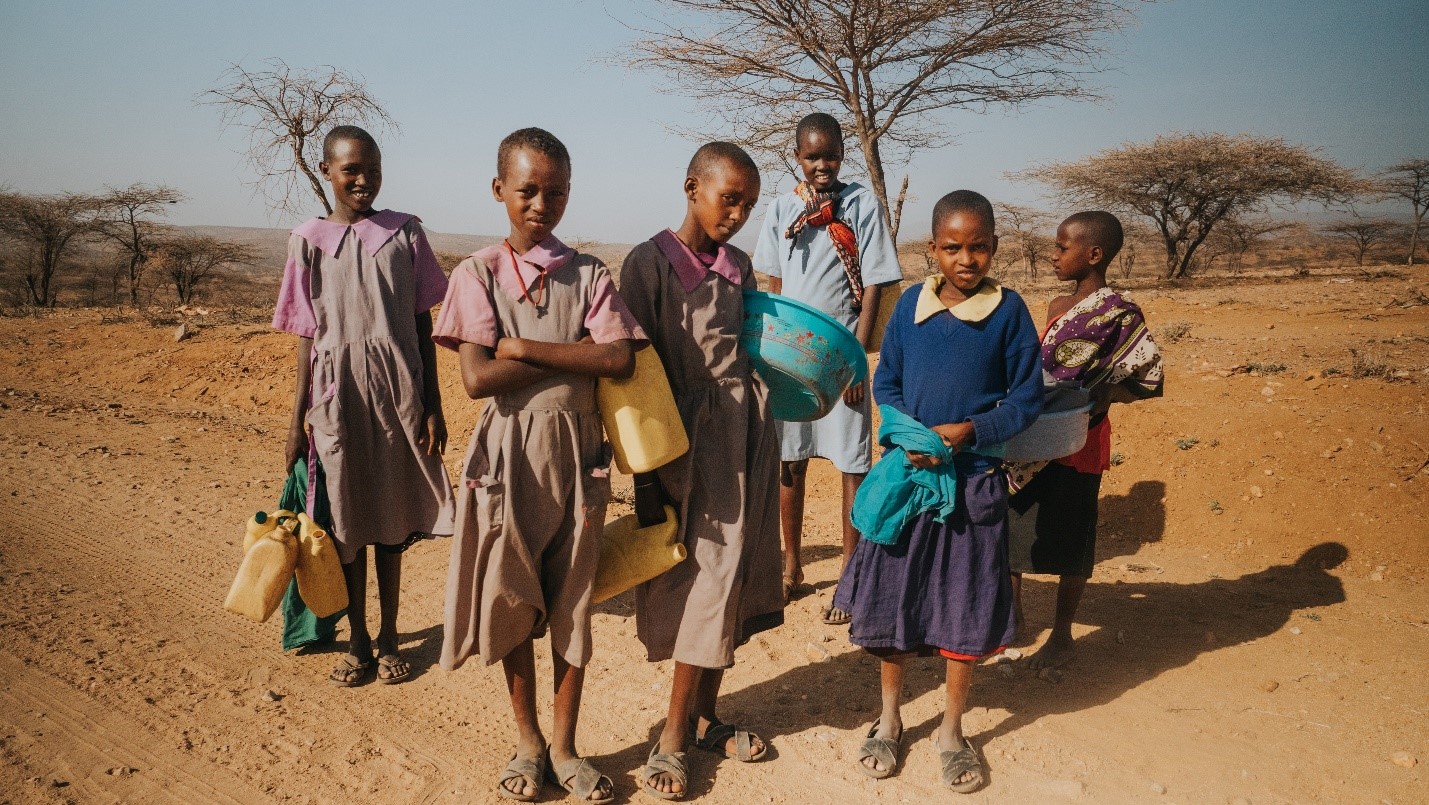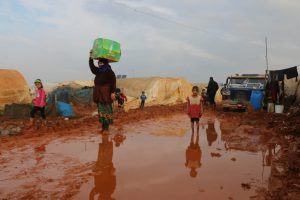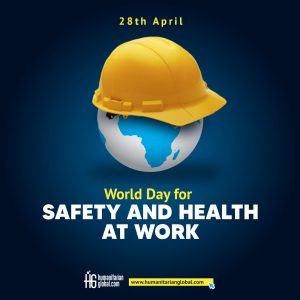According to Save the Children’s research, only one out of every ten displaced children in Burundi receives a full education, with as many as 67% out of school, including those who have recently returned to the country after fleeing as refugees, putting them at risk of child marriage and abuse. Between 2015 and 2017, at least 420,000 Burundians fled the country due to violence and instability, but more than 183,000 have returned since 2019, following the restoration of stability in Burundi and the launch of repatriation programs in neighboring countries.
In November, Save the Children conducted a survey of displaced children in Burundi, including recently returned refugee children, and discovered that registration issues and a lack of identity documents were major barriers to school enrollment, with only 10% of children enrolled in school, 23% receiving only a partial education, and 67% out of school. Returnee families, in particular, were unable to register their return to Burundi due to a shortage of resources at transit centers, and so unable to access government services such as schooling.
Save the Children’s research discovered significant levels of violence and abuse among displaced and returnee populations, in addition to educational hurdles. Over the preceding year, 36% of the children interviewed for the assessment claimed they had experienced neglect, and 28% stated they had experienced emotional abuse. In Kirundo, one of the three regions studied, 38% of girls aged 12 to 17 years old said they had been married in the preceding year.
Due to the impact of reintegration issues, climate change, and the COVID-19 epidemic, the refugees are now among the 1.8 million people in Burundi who require humanitarian assistance, accounting for 16% of the population. According to Maggie Korde, Save the Children’s Country Director for Rwanda and Burundi, violence in Burundi has forced hundreds of thousands of children and their parents from their homes in recent years. They are now returning to a country that is politically stable but is in the midst of a humanitarian crisis that has largely gone unnoticed. Burundian families want a secure future for their children, yet many have been displaced and face an uncertain future.
Children need powerful adults to invest in education, including non-formal education like homeschooling and catch-up classes, to help them attain the jobs and skills they’ll need in the future. If they’ve been subjected to or are now subjected to abuse, they require assistance. They also need to see genuine commitment from world leaders to address the climate catastrophe and equip nations like Burundi with the resources they need to adapt to its effects. Aside from the difficulties experienced by returnee populations, climate change has prompted at least 113,408 people to flee their homes in recent years. Natural disasters, rather than violence, have displaced almost 84% of all internally displaced people in landlocked Burundi today, primarily due to the rise of Lake Tanganyika, Africa’s second-largest lake.
Save the Children is calling on world leaders to increase climate financing so vulnerable communities can prepare for crises, with specific criteria to ensure child-centered investments, and to support poorer countries manage unavoidable impacts, in order to limit the impact of climate change on the lives of millions of children. Governments must also ensure that financial safety nets are provided for the most vulnerable households in order to assist them in dealing with the effects of climate change.
Thousands of displaced children and their families are being helped by a Save the Children team in Burundi. Child protection, preventing and responding to gender-based violence, responding to the flood crisis, assisting children in re-enrolling in school, and distributing educational materials are all areas where the agency is assisting. For this assessment, 606 returnee and internally displaced children and adults were interviewed in three of the eight provinces with the highest number of displaced people: Kirundo, Ruyigi, and Cankuzo. For more news and updates on the situation in Burundi, subscribe to our newsletter.







